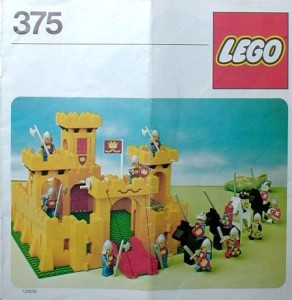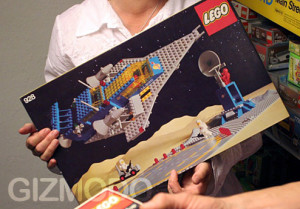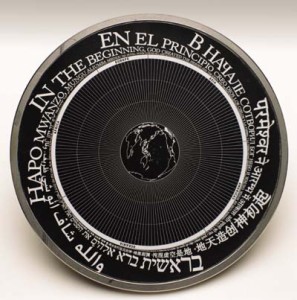There’s a really cool new way to visualize the creation of software. It’s called code_swarm. Developed by Michael Ogawa as a way to do just that, visualize the creation of software. He’s a sort of software anthropologist. Not so much interested in the software, but how people interact to create it.
Here’s an example using the programming language Python (something I want to learn one of these days).
I think this is a great way to visualize history as well. I can imagine this being used with another idea I had a while back. Instead of tracking files and creators, track people and their movements. This would be great for looking at a family history. It would be cool to have a GEDCOM file of thousands of ancestors, plug it into this application, then watch as your family members come alive on a map, move around, and fade into history. I have ancestors from Sweden, Germany, England, and many places in the United States. It would be awesome to see their history plotted out this way.
It could even work on a smaller scale. How bout your own life’s travels plotted out.
Keeping on track with my readings course with Dan Cohen about history and new media (which I need to post about), how does this type of new media affect the study of history? If we plug in the details about an ancestors decision to move from, say, Sweden to Utah, can we better understand how individuals affect many generations afterwards? Will seeing the large number of ancestors in one place affect how we view ourselves in life? My thinking here is that we’ll see on one screen a large number of people living and moving, and eventually making you. If there were other important events plotted during the same timeline (perhaps a better term is a moveline), would that help us better understand the context of our ancestors history?
Lots of stuff to think about. And a large project to implement. Fortunately the source code for code_swarm is open source and freely available.



